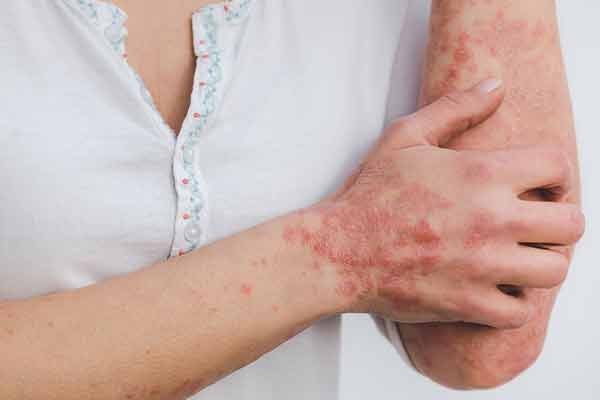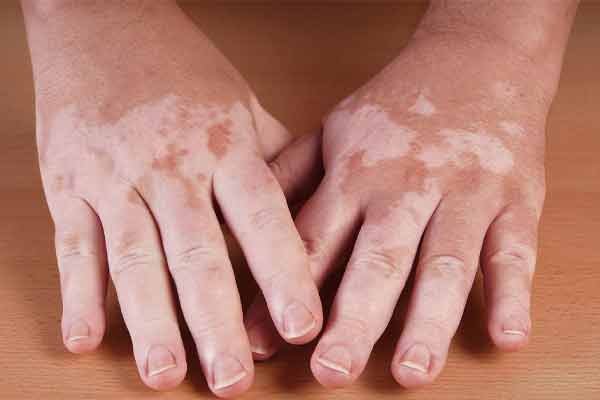Chronic Skin Problems

Eczema: Eczema, also known as atopic dermatitis, is a chronic inflammatory skin condition characterized by itchy, dry, and red patches on the skin. It commonly affects children but can persist into adulthood. Eczema is believed to be caused by a combination of genetic and environmental factors. Although there is no cure for eczema, managing the condition involves keeping the skin hydrated, avoiding triggers (such as certain fabrics or harsh soaps), and using prescribed medications like corticosteroids or antihistamines to reduce inflammation and relieve symptoms.
Psoriasis: Psoriasis is a chronic autoimmune disease that speeds up the skin cell growth cycle, resulting in the buildup of thick, red, and scaly patches on the skin. It commonly affects the elbows, knees, scalp, and lower back. The exact cause of psoriasis is still unknown, but it is thought to involve genetic and immune system factors. Treatment options for psoriasis include topical medications, phototherapy, systemic medications, and biologic drugs, which can help reduce inflammation, control symptoms, and manage flare-ups.
Acne: Acne is a chronic skin condition that occurs when hair follicles become clogged with oil and dead skin cells, leading to the formation of pimples, blackheads, or whiteheads. It commonly affects teenagers but can persist into adulthood. Hormonal changes, excess oil production, bacteria, and certain medications can contribute to acne development. Managing acne involves adopting a consistent skincare routine, using over-the-counter or prescription medications (such as benzoyl peroxide or retinoids), and making dietary and lifestyle changes to minimize triggers.
Rosacea: Rosacea is a chronic skin disorder characterized by facial redness, visible blood vessels, and small, pus-filled bumps. It typically affects adults between the ages of 30 and 50 and is more common in individuals with fair skin. The exact cause of rosacea is unknown, but factors like genetics, abnormal blood vessel function, and immune system abnormalities may play a role. Treatment options for rosacea include topical medications, oral antibiotics, laser therapy, and lifestyle modifications like avoiding triggers (such as spicy foods or alcohol) and protecting the skin from extreme weather conditions.
Dermatitis: Dermatitis refers to inflammation of the skin and encompasses various types such as contact dermatitis, seborrheic dermatitis, and nummular dermatitis. These conditions can result from allergens, irritants, or underlying health conditions. Managing dermatitis involves identifying and avoiding triggers, keeping the skin moisturized, using prescribed medications like corticosteroids or antifungal creams, and practicing good skincare habits.




